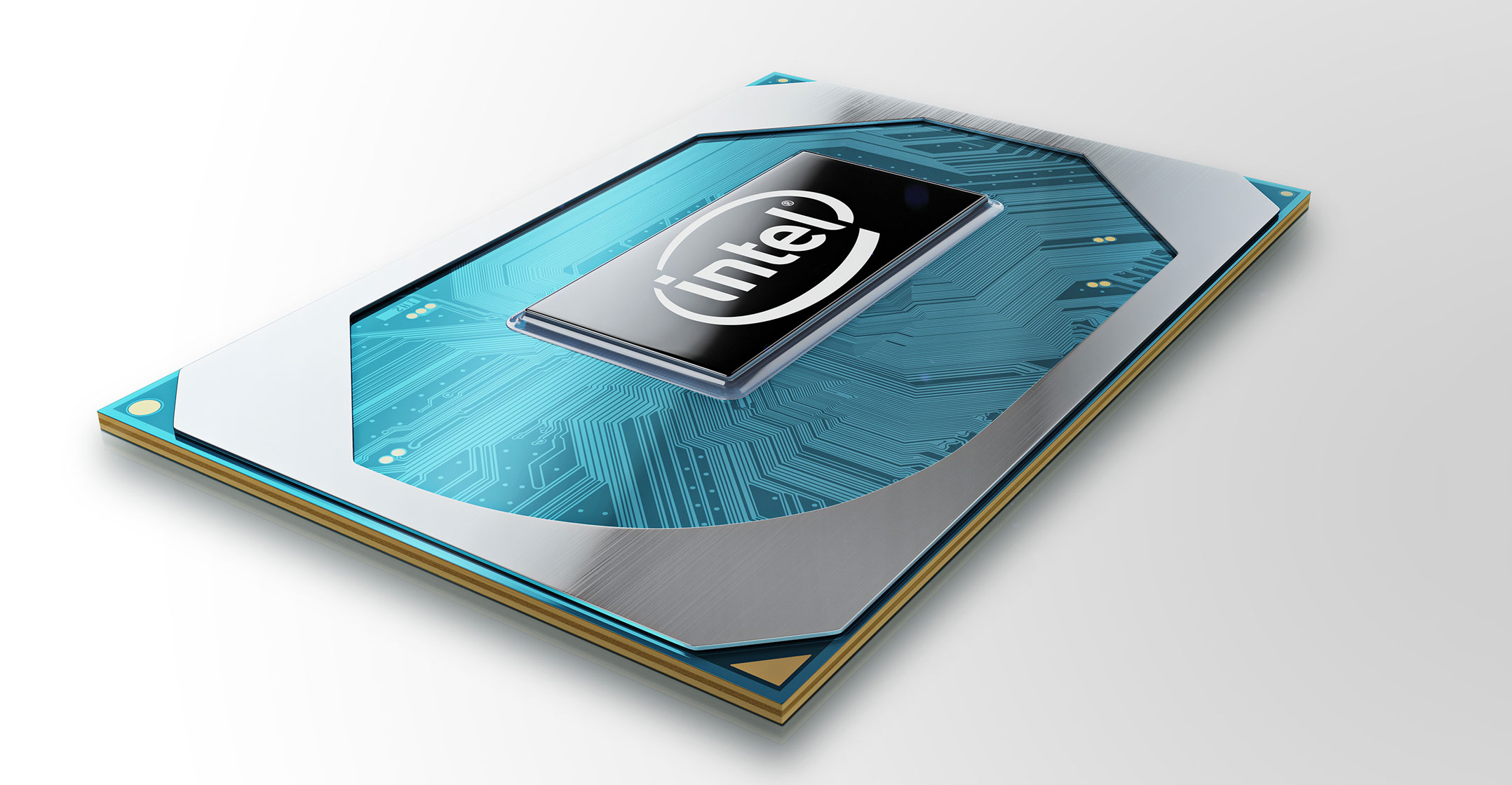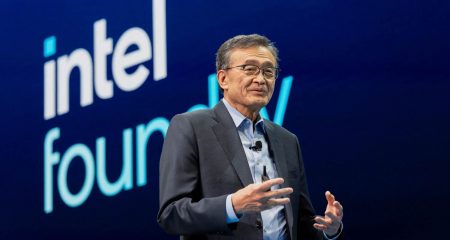 Intel has won an historic victory in its fight in the European Union courts over a record €1.06-billion (R18-billion) antitrust fine.
Intel has won an historic victory in its fight in the European Union courts over a record €1.06-billion (R18-billion) antitrust fine.
The EU general court ruled on Wednesday that EU regulators made key errors when they slapped Intel with the penalty for allegedly squeezing out rival AMD.
Judges said the European Commission provided an “incomplete” analysis when they fined the chip giant, saying the decision at the time “does not make it possible to establish to the requisite legal standard that the rebates at issue were capable of having, or likely to have, anticompetitive effects”.
The judgment follows a 2017 ruling from the bloc’s top court, which criticised the general court — the EU’s second highest tribunal — for not properly checking all factual and economic evidence when it previously weighed Intel’s appeal.
The European Commission in 2009 hit Intel with the bloc’s biggest antitrust fine at the time. It represented about 4% of Intel’s US$37.6-billion in sales in 2008. Since then, Santa Clara, California-based Intel has been locked in a non-stop legal dispute with the EU’s antitrust arm.
The bloc’s lower tribunal in 2014 rejected Intel’s first challenge. Three years later, the EU’s top court told the lower tribunal to “examine all of Intel’s arguments” regarding a test to check whether the rebates used by the company were capable of harming competition.
The EU top court didn’t rule in 2017 on three other parts of Intel’s appeal, including the amount of the fine and the EU’s characterisation of some of the rebates.
‘Restrictive’
When the case was shunted back to the EU lower tribunal, Intel urged judges to look at the entire case afresh.
In the investigation paving the way for its record fine, the EU commission said it found evidence that Intel hindered competition by giving rebates to computer makers from 2002 until 2005 — if they bought at least 95% of PC chips from Intel.
It said Intel imposed “restrictive conditions” for the remaining 5%, supplied by AMD, which struggled to overcome Intel’s hold on the market for processors that run the devices. — Stephanie Bodoni, (c) 2022 Bloomberg LP




